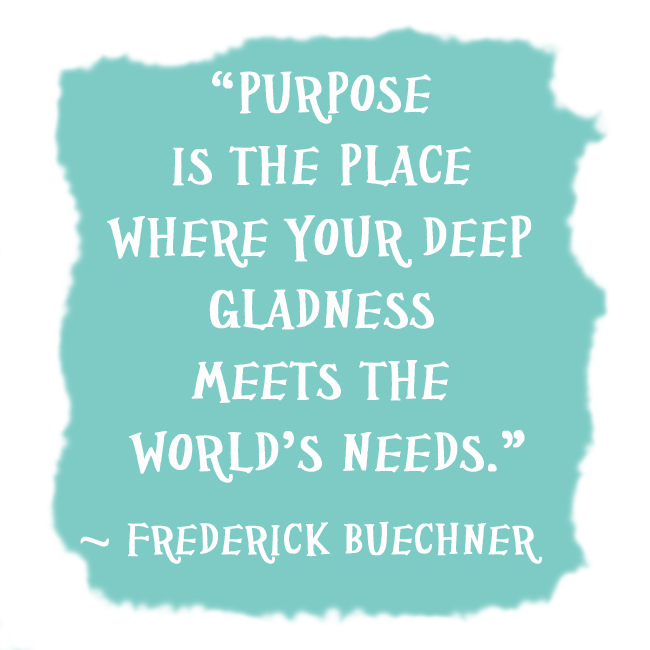
As Atul Gawande, MD, sees it, “we assume that safety and health are the number one goals [for people we serve]. But that causes suffering. We ignore that wellbeing is more than health, more than independence.”
During Dr. Gawande’s recent visit to Minneapolis, he made several presentations that brought together insights he’s gained through several of his books, including his newest best-seller Being Mortal. In a world where he says everyone has just a piece of care, we need to look at how all our services connect – that’s what matters, he stresses, especially as it relates to achieving outcomes our clients WANT.
As health and senior care providers, Atul says “we lose sight of the fact that wellbeing is possible even under the most severe constraints, it can even flourish.” In fact, research shows that there is an intrinsic human need to live for something bigger in life – call it purpose, a reason to get up in the morning, or the need to make a difference. Dr. Gawande explains that these purposes are called ‘loyalties,’ and “when we can’t work toward those loyalties, we suffer.” And just because we face aging and physical decline does not mean we have to give up on purpose in our lives.
This raises a larger question for all of us who are health and senior care providers. Are we missing the mark with our clients? Are we focusing so narrowly on their health and safety that we are losing sight of their human-ness, their wellbeing, their ‘loyalties’ that make them whole?
He suggests using four key questions to broaden the scope of how we work with clients and to connect our guidance to their loyalties. These questions are not just for end of life situations. They are relevant for any situation we help people face.
- What is your understanding of where you are with your health?
- What are your worries for the future?
- What are your hopes and priorities?
- What are you willing to sacrifice, and what are you NOT willing to sacrifice?
As Dr. Gawande explains, people want to know that we will respect them and help them achieve the goals they have in pursuing those ‘loyalties.’ These four questions which he learned from palliative care colleagues help ensure our recommendations and services are in sync with our clients and their individual needs and wants. “When we don’t ask, our care is out of alignment,” he adds. “We can do this,” Dr. Gawande stresses. “We need to make it normal that we ask for clarity on people’s goals, and what matters to them along the way, and insist that we respect that.”
How can you start using these four questions in your practice today?



